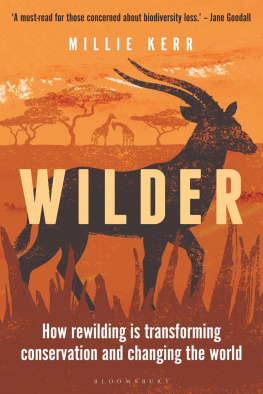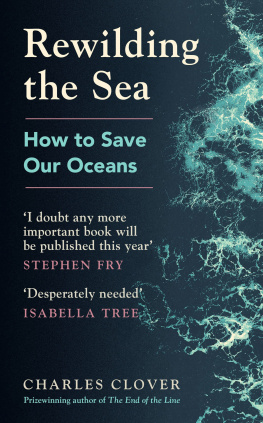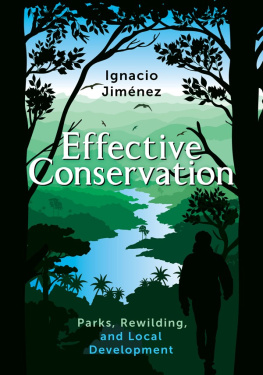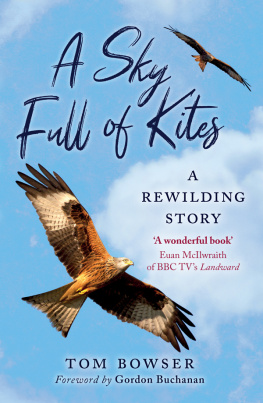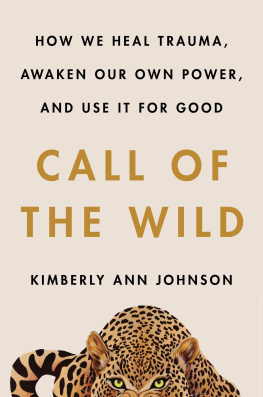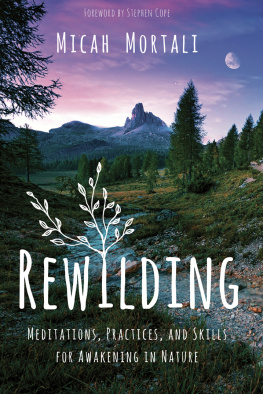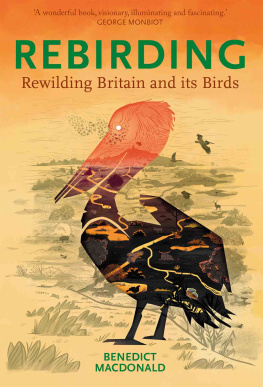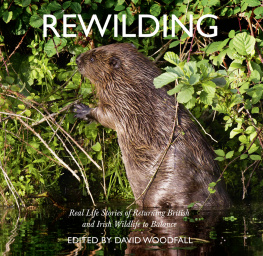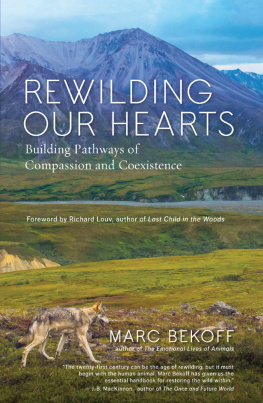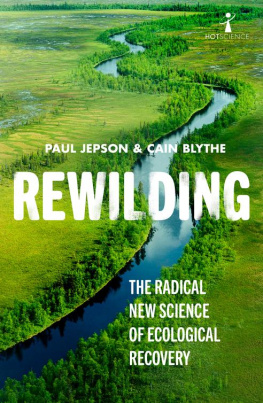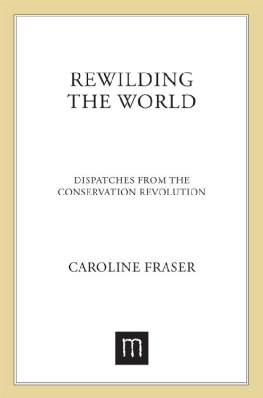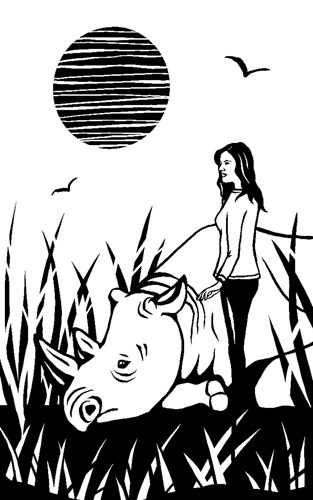Millie Kerr - Wilder: How Rewilding is Transforming Conservation and Changing the World
Here you can read online Millie Kerr - Wilder: How Rewilding is Transforming Conservation and Changing the World full text of the book (entire story) in english for free. Download pdf and epub, get meaning, cover and reviews about this ebook. City: London, year: 2022, publisher: Bloomsbury Sigma, genre: Science. Description of the work, (preface) as well as reviews are available. Best literature library LitArk.com created for fans of good reading and offers a wide selection of genres:
Romance novel
Science fiction
Adventure
Detective
Science
History
Home and family
Prose
Art
Politics
Computer
Non-fiction
Religion
Business
Children
Humor
Choose a favorite category and find really read worthwhile books. Enjoy immersion in the world of imagination, feel the emotions of the characters or learn something new for yourself, make an fascinating discovery.
- Book:Wilder: How Rewilding is Transforming Conservation and Changing the World
- Author:
- Publisher:Bloomsbury Sigma
- Genre:
- Year:2022
- City:London
- Rating:3 / 5
- Favourites:Add to favourites
- Your mark:
Wilder: How Rewilding is Transforming Conservation and Changing the World: summary, description and annotation
We offer to read an annotation, description, summary or preface (depends on what the author of the book "Wilder: How Rewilding is Transforming Conservation and Changing the World" wrote himself). If you haven't found the necessary information about the book — write in the comments, we will try to find it.
Wilder takes readers on a global rewilding journey, exploring innovative and eye-opening projects led by a diverse group of passionate conservationists.
Rewilding is a radical new approach to wildlife conservation that offers remarkable potential. If conservation seeks to preserve what remains and stave off further decline, rewilding goes further, seeking to restore entire ecosystems. It involves a spectrum of conservation options; at one end is a passive approach prioritising ecological restoration in essence, leaving land to recover naturally. At the other is what might be termed active rewilding, where habitats are actively restored and keystone species reintroduced to quicken the process of recovery. The stakes are high in active rewilding. Large mammal translocations and wildlife corridors running through densely populated areas are high-risk, high-reward initiatives.
In this timely and exciting contribution to a wider conversation about our relationship with the natural world, wildlife journalist Millie Kerr takes readers on a global journey of discovery. She considers the practicalities and possibilities of ecological restoration around the world, while exploring first-hand some of the most ambitious undertakings occurring today, many of which involve species reintroductions in the Global South. Wilder details the return of jaguars to an Argentinian national park, the first-ever pangolin reintroduction project in South Africa, and the ways in which giant tortoises are aiding the recovery of ecosystems throughout the Galpagos Islands, among many others.
At an urgent moment in the international fight against biodiversity loss, Wilders message is one of innovation and optimism. By focusing on conservation success stories and showing that there are bands of determined conservationists fighting for a better future, Wilder inspires us all to become part of the solution.
Millie Kerr: author's other books
Who wrote Wilder: How Rewilding is Transforming Conservation and Changing the World? Find out the surname, the name of the author of the book and a list of all author's works by series.

